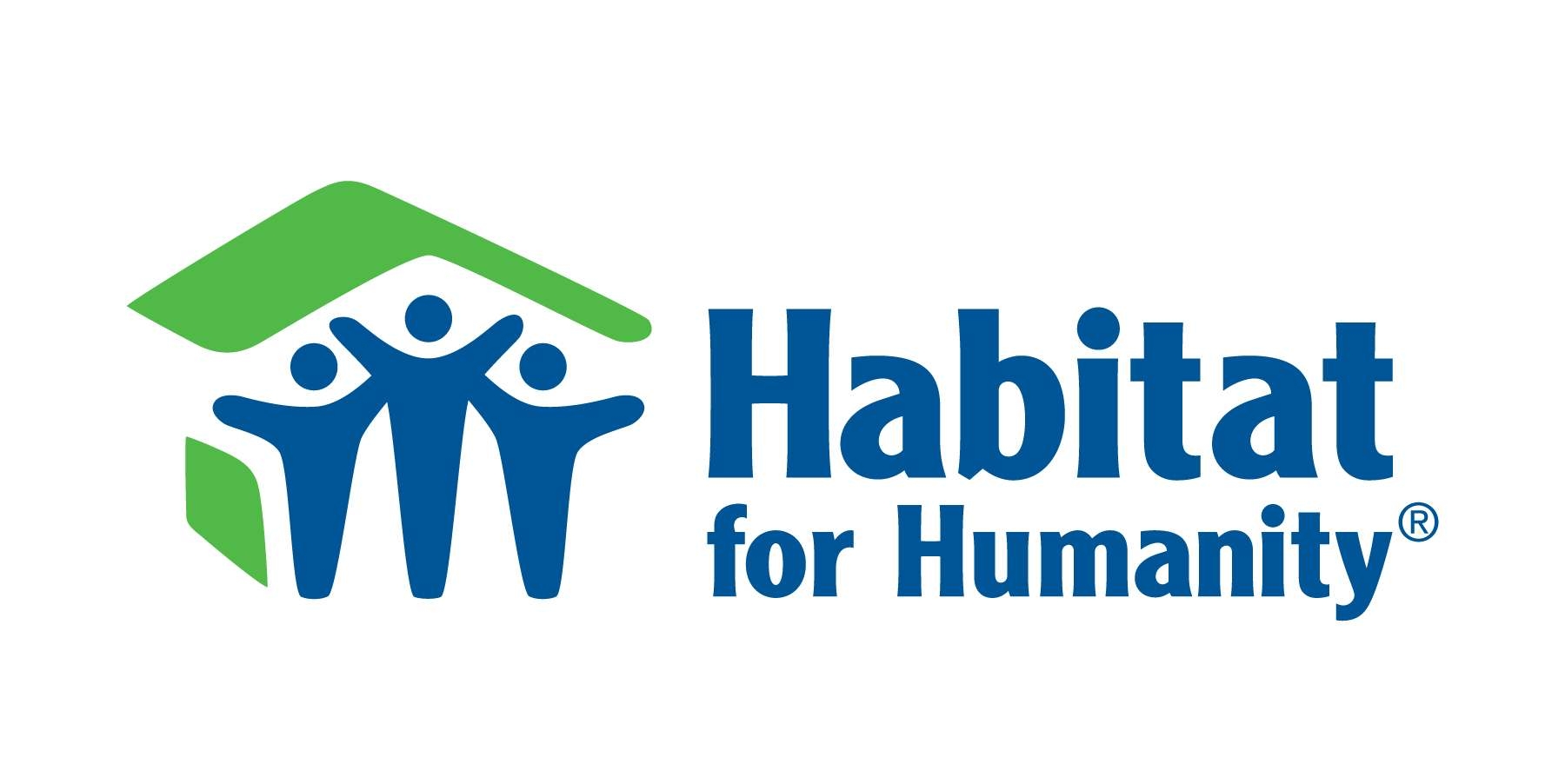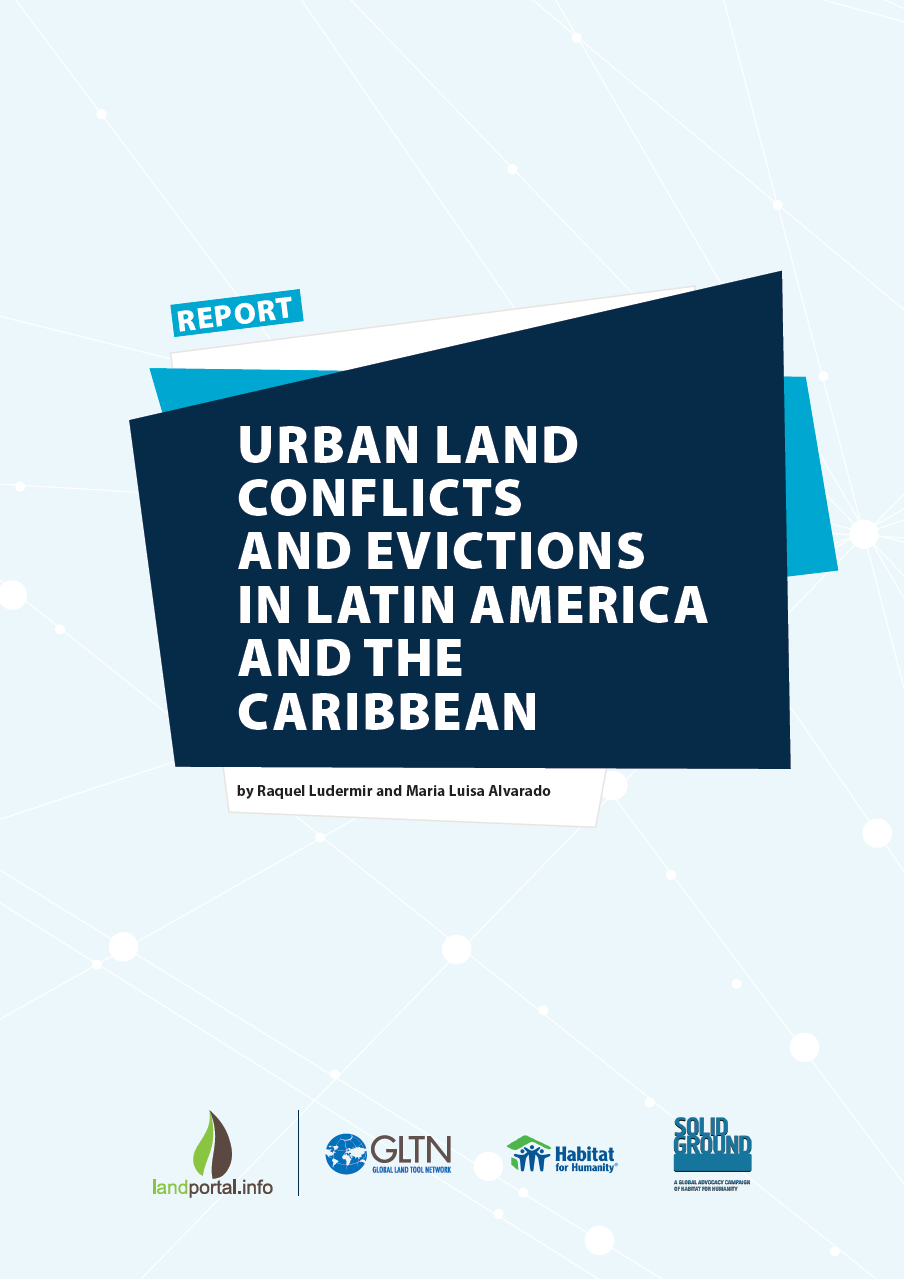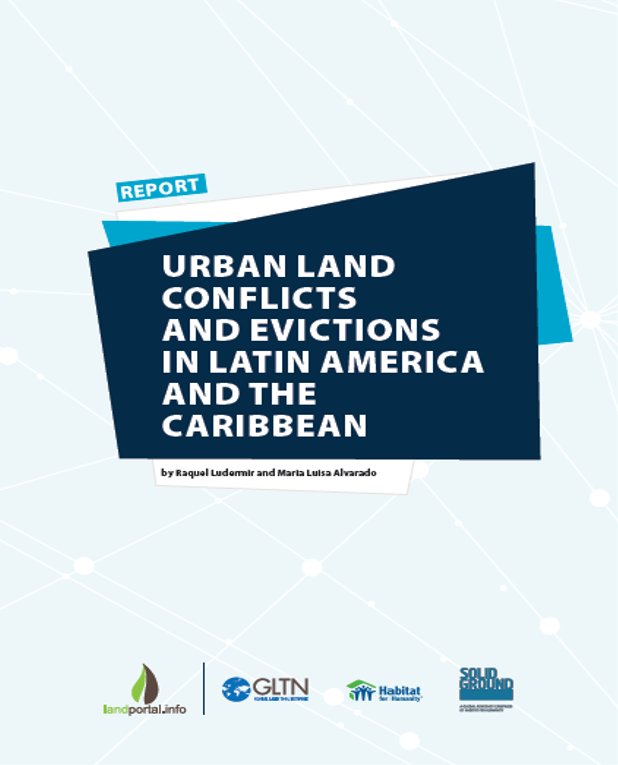About Habitat for Humanity International
Habitat for Humanity International's vision is a world where everyone has a decent place to live. Since 1976, Habitat has helped more than 6.8 million people gain strength, stability and independence through housing, including home construction, rehabilitation and repairs and by increasing access to improved shelter through products and programs. Habitat also advocates to improve access to decent and affordable shelter and offers a variety of housing support services that enable families with limited means to make needed improvements on their homes as their time and resources allow. As a nonprofit Christian housing organization, Habitat works in more than 70 countries and welcomes people of all races, religions and nationalities to partner in its mission.
About Habitat for Humanity International – Latin America and the Caribbean Region (HFHI-LAC)
HFHI through its National Offices or partners is building up an extensive network of allies at both national and local levels in Argentina, Bolivia, Brazil, Chile, Colombia, Costa Rica, Dominican Republic, El Salvador, Guatemala, Guyana, Haiti, Honduras, Mexico, Nicaragua, Paraguay, Peru, and Trinidad and Tobago; carrying out a remarkable work related to land, disaster risk reduction, water and sanitation, community development, housing construction, advocacy, and housing finance issues. Particularly relevant to land the HFHI-LAC Area Office coordinates the GLTN LAC Urban Cluster, a land-focused collective space to activate alliances, mobilize skills, build capacities and engage decision makers, CSO leaders, private sector, academia and communities in innovative land instruments (existing or new) that may develop, accelerate and scale up processes of change and empower the most vulnerable to face the challenges posed by the growth of cities, urbanization, planning, land management, administration and secure tenure. Local and regional land related initiatives are leveraged by ongoing “Solid Ground” HFHI Land Advocacy Global Campaign, and contributing to HABITAT III global process.
Members:
Resources
Displaying 66 - 70 of 320Plan de Acción Regional para la implementación de la Nueva Agenda Urbana en América Latina y el Caribe 2016-2036
Este Plan de Acción Regional (PAR) es una propuesta regional basada en el marco global para la implementación de la Nueva Agenda Urbana, resultado principal de la Tercera Conferencia de las Naciones Unidas sobre Vivienda y Desarrollo Urbano Sostenible, Habitat III, realizado en Quito, Ecuador en octubre 2016. La implementación de la Nueva Agenda Urbana en América Latina y el Caribe es fundamental para el desarrollo de los países y para el futuro sostenible de la región.
Plan de Acción Regional para la implementación de la Nueva Agenda Urbana en América Latina y el Caribe 2016-2036
Este Plan de Acción Regional (PAR) es una propuesta regional basada en el marco global para la implementación de la Nueva Agenda Urbana, resultado principal de la Tercera Conferencia de las Naciones Unidas sobre Vivienda y Desarrollo Urbano Sostenible, Habitat III, realizado en Quito, Ecuador en octubre 2016. La implementación de la Nueva Agenda Urbana en América Latina y el Caribe es fundamental para el desarrollo de los países y para el futuro sostenible de la región.
Urban Land Conflicts and Evictions in Latin America and the Caribbean
The Latin American and Caribbean Urban CSO Cluster, part of the Global Land Tools Network (GTLN), together with Habitat for Humanity’s Solid Ground Campaign and the Land Portal Foundation, launched an online debate on Urban Land Conflicts in Latin America and the Caribbean in January 2017. Responding to the common interest to make information easy to access and flow to boost collaboration among stakeholders as a critical basis to improve land governance.
Report URBAN LAND CONFLICTS AND EVICTIONS IN LATIN AMERICA AND THE CARIBBEAN
In the Latin American and Caribbean region (LAC), millions of families live under a constant threat of being evicted from the land and homes on which they live. The urbanization process across the region builds on an essentially unequal basis. As cities and urban populations grow, competing interest and demand for land also grows, be it for housing and food production, as well as for a variety for a variety of economic activities that depend on land.
Report URBAN LAND CONFLICTS AND EVICTIONS IN LATIN AMERICA AND THE CARIBBEAN
In the Latin American and Caribbean region (LAC), millions of families live under a constant threat of being evicted from the land and homes on which they live. The urbanization process across the region builds on an essentially unequal basis. As cities and urban populations grow, competing interest and demand for land also grows, be it for housing and food production, as well as for a variety for a variety of economic activities that depend on land.




